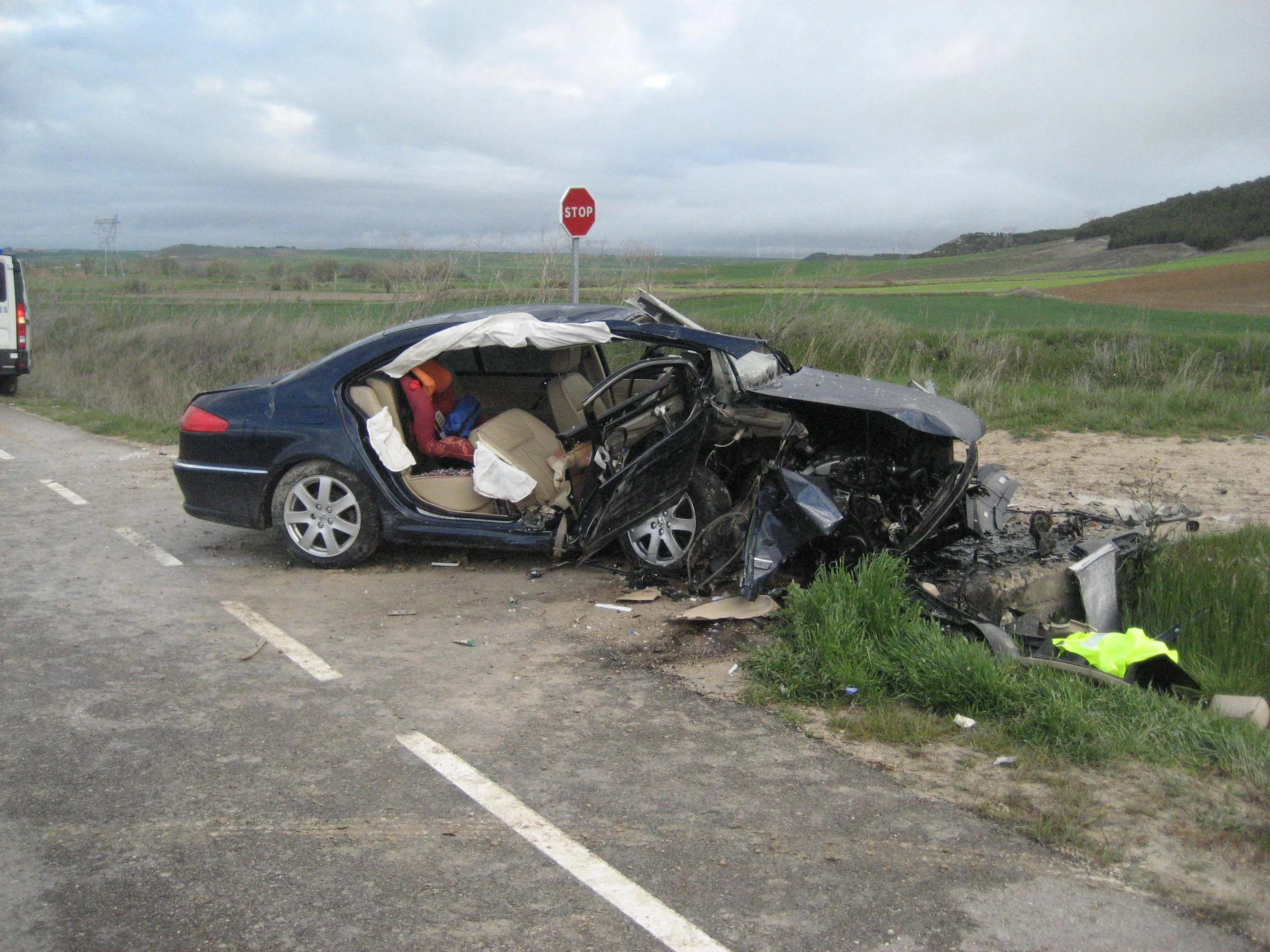Improving road safety in the EU has resulted in a drop in the fatality rate. Official figures just released show that the number of people killed on Europe's roads fell by 8% in 2013. This follows on from the drop in fatalities of between 2011 and 2012. These provisional figures released by the European Commission provide grounds for optimism and Antonio Avenoso, executive director of the European Transport Safety Council (ETSC) said, “We welcome the reduction in the number of road deaths in Europe last yea
April 1, 2014
Read time: 3 mins

Improving road safety in the 3287 EU has resulted in a drop in the fatality rate. Official figures just released show that the number of people killed on Europe's roads fell by 8% in 2013. This follows on from the drop in fatalities of between 2011 and 2012. These provisional figures released by the 2465 European Commission provide grounds for optimism and Antonio Avenoso, executive director of the 1197 European Transport Safety Council (ETSC) said, “We welcome the reduction in the number of road deaths in Europe last year. But the fact that more than 500 lives are still being lost every single week on our roads is a reminder that Europe needs to step up its efforts.”
Speeding is a primary factor in about one third of fatal collisions and an aggravating factor in all crashes. ETSC says one technology that could help, known as Intelligent Speed Assistance (ISA), is available now and at modest cost. This is a controversial technology however and not all sectors believe it to provide the safety benefits claimed.
The European Commission says that the number of cyclists killed has been increasing, partly due to the increase in popularity of cycling. Legislation on the weights and dimension of lorries is currently being negotiated by the EU. ETSC says that the safety elements of the proposals, enabling a safer front end design and increased visibility, are of tantamount importance and must be given the green light as soon as possible.
Passenger Seat-belt reminders are another simple piece of technology that is currently optional but could save many lives if made mandatory, according to ETSC.
Avenoso commented: "The EU needs to help push advanced road safety features into the hands of the many, not the few. As long as they remain optional, take-up will remain limited. The Commission is currently reviewing the General Safety Regulation, this is an opportunity that must not be missed."
The European Commission also announced today that a strategic target for the reduction of road safety injuries is expected to be adopted in 2015. ETSC welcomed the move, which is long overdue. More than 300,000 people suffer serious injuries on Europe's roads every year - a target for cutting this number can help reduce the number dramatically as the existing road deaths target has done.
Drink driving also remains a huge problem in Europe. One change the EU could make is to mandate a zero-tolerance blood alcohol (BAC) limit for the entire EU, rather than the current confusing patchwork of rules across member states. A more rigorous policy of enforcement of drink driving rules and strong penalties for offenders would be particularly effective and it is worth noting that the UK, which has one of the highest legal limits for blood alcohol levels, also has one of the lowest rates of drink-driving. This is because drink driving rules have been in force for many years, enforcement measures are comparatively strict and penalties for offenders are at the tougher end of the scale for Europe.
Speeding is a primary factor in about one third of fatal collisions and an aggravating factor in all crashes. ETSC says one technology that could help, known as Intelligent Speed Assistance (ISA), is available now and at modest cost. This is a controversial technology however and not all sectors believe it to provide the safety benefits claimed.
The European Commission says that the number of cyclists killed has been increasing, partly due to the increase in popularity of cycling. Legislation on the weights and dimension of lorries is currently being negotiated by the EU. ETSC says that the safety elements of the proposals, enabling a safer front end design and increased visibility, are of tantamount importance and must be given the green light as soon as possible.
Passenger Seat-belt reminders are another simple piece of technology that is currently optional but could save many lives if made mandatory, according to ETSC.
Avenoso commented: "The EU needs to help push advanced road safety features into the hands of the many, not the few. As long as they remain optional, take-up will remain limited. The Commission is currently reviewing the General Safety Regulation, this is an opportunity that must not be missed."
The European Commission also announced today that a strategic target for the reduction of road safety injuries is expected to be adopted in 2015. ETSC welcomed the move, which is long overdue. More than 300,000 people suffer serious injuries on Europe's roads every year - a target for cutting this number can help reduce the number dramatically as the existing road deaths target has done.
Drink driving also remains a huge problem in Europe. One change the EU could make is to mandate a zero-tolerance blood alcohol (BAC) limit for the entire EU, rather than the current confusing patchwork of rules across member states. A more rigorous policy of enforcement of drink driving rules and strong penalties for offenders would be particularly effective and it is worth noting that the UK, which has one of the highest legal limits for blood alcohol levels, also has one of the lowest rates of drink-driving. This is because drink driving rules have been in force for many years, enforcement measures are comparatively strict and penalties for offenders are at the tougher end of the scale for Europe.





